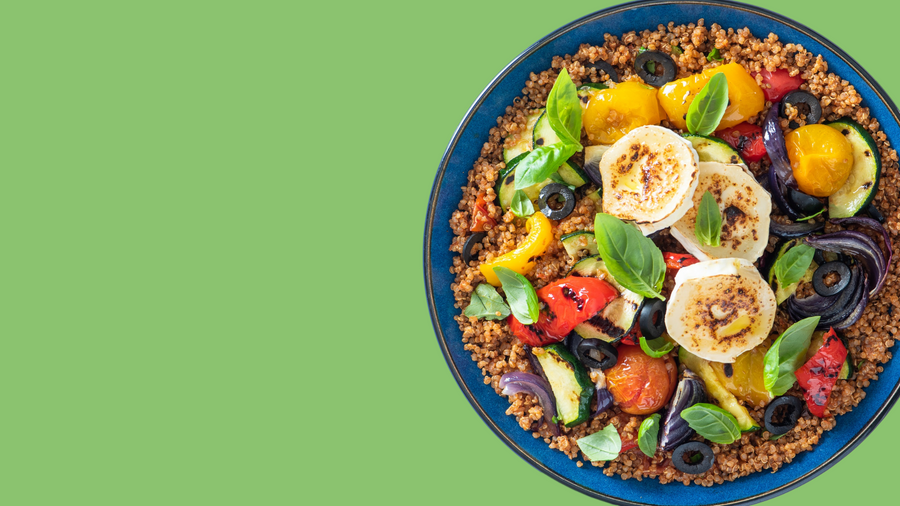Quinola Blog
Find out about what we've been up to, useful tips and info on how eating quinoa as part of a healthy diet helps prevent diabetes.
Find out about what we've been up to, useful tips and info on how eating quinoa as part of a healthy diet helps prevent diabetes.


The Genetically Modified Food debate
Being fundamentally convinced about the organic movement, and the insanity of much in modern agriculture (do you remember those butter mountains and wine lakes of the 1980s?), I found an article written on http://www.theletterfromamerica.org/ fascinating. This highlights to me that despite the potential for GM crops to improve drought resistance etc all the efforts have been focused on resistance to massively toxic chemical and the sale of hectolitres of pesticides and herbicides that are working their way into our food web. For those without the time to read the entire article here are the salient points: Since GM crops were introduced into...
An apple a day: the demise of nutritional content
Today, as the global demand for food increases, we are farming more intensively than ever. We are running out of space but we need more. So, we’re farming more on the same exhausted land that is kept alive by intravenous chemical application, and the nutritional values of much of the fruit and veg we eat is in free fall. Amazingly the apples of today have 100 times less Vitamin C than half a century ago, and oranges on average 20 times less Vitamin A on the same timescale. A broccoli 4 times less calcium and the list goes on. Crazy!...
End of GM?
GM, or genetically modified crops are known for being herbicide tolerant, meaning they can be sprayed with a weed-killer that kills all other growing plants. This isn’t as efficient as it sounds, as some weeds are getting just as tolerant as the GM crops and developing a resistance to herbicides. Of course, GM organisations are making promises about developing new improved crops, with more nutritional benefits, with better drought tolerance, with a greater yield and so on. But considering the fact that genetic modification was developed in the 1980s and first used in the 1990s, either these companies’ research is...
How to grow vegetables with your smartphone
Thanks to Taipei-based company OPCOM, you can now grow your own vegetables at home and with your smartphone. This innovation is a farm cube that is a fully enclosed ecosystem allowing you to grow 100 to 200 pieces per cycle (around 6 weeks) depending on the vegetable. The process starts with loading the seedlings into the cube. The rest is then completely automated, thanks to a farming software that monitors the growth cycle of the plant, adjusting the environment accordingly with the right amount of light and water. And in case you’re not home and worried about your babies, you...
Recent articles



